- Chinese investment in Turkey has gradually expanded to agriculture, manufacturing, transportation, energy and other fields
- Trade between China and Turkey has reached new highs and achieved more fruitful results. In the future, China will seek and expand more cooperation opportunities
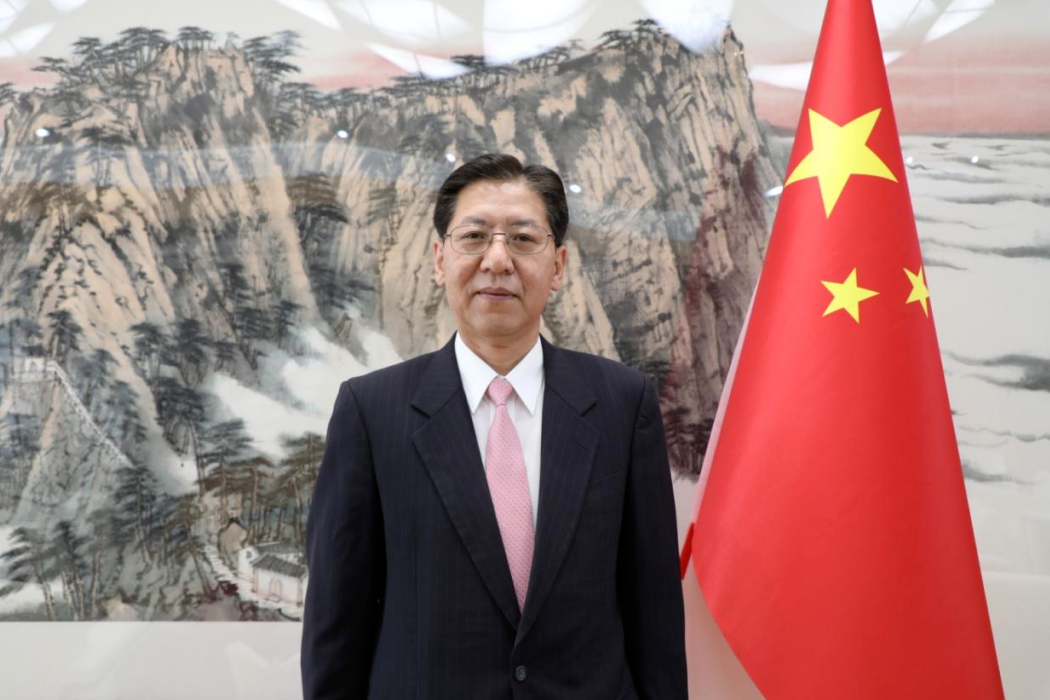
In recent years, under the guidance of the two heads of state, China-Turkey cooperation in various fields has yielded fruitful results and benefited the two peoples. China-turkey strategic cooperative relations have maintained the momentum of development, practical cooperation in various fields has made positive progress, and Chinese investment in Turkey has shifted from traditional industries to emerging ones.
There are more than 1,000 Chinese enterprises in Turkey
Ambassador Liu Shaobin: China is Turkey's largest trading partner in Asia and the third largest in the world. At present, there are more than 1,000 Chinese enterprises in Turkey, and a large number of projects have been launched in Turkey. Chinese investment in Turkey has gradually expanded from traditional mining to agriculture, manufacturing, transportation, energy, telecommunications, finance and other fields. The Industrial and Commercial Bank of China and the Bank of China have provided tens of billions of dollars in financing for bilateral cooperation projects and local projects in Turkey just a few years after their entry into Turkey, providing important support for China-Turkey practical cooperation. In order to promote further development of China-Turkey practical cooperation, China and Turkey are jointly exploring cooperation in digital economy, green economy and e-commerce, which is also the general trend of China-Turkey cooperation in the future.
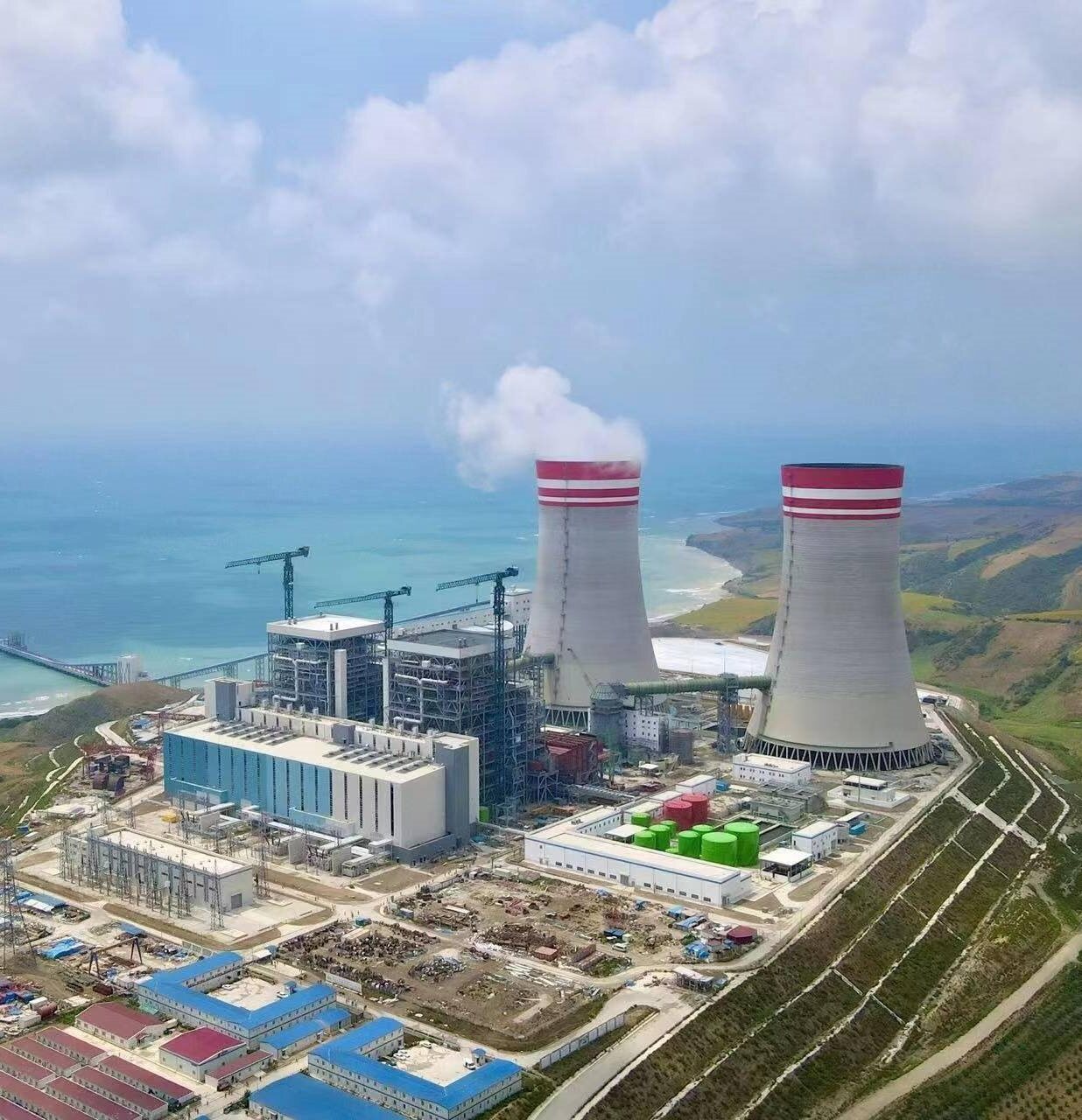
Hunutlu Power Plant is the largest Chinese direct investment project in Turkey since the establishment of diplomatic ties between China and Turkey
Ambassador Liu Shaobin: As for the battery R&D and production park you mentioned, China-Turkey cooperation in Bursa will contribute a lot to the development of new energy vehicles in Turkey. Unfortunately, Turkey announced in March this year that it would impose an additional tariff of 40 percent on pure electric passenger vehicles imported from China. This is clearly a discriminatory measure and violates WTO rules. China firmly opposes this and has lodged representations with Turkey on many occasions. We hope that Turkey can foster a sense of partnership and cancel this discriminatory measure at an early date so as to create a fair, just and sound business environment for Chinese enterprises to conduct cooperation in Turkey.
The Belt and Road Middle Corridor Project
As both major developing countries and emerging markets, China and Turkey share broad common interests. Today, China's Belt and Road Initiative and Turkey's Middle Corridor Plan are more closely aligned.
Ambassador Liu Shaobin: In November 2015, witnessed by the two heads of state, China and Turkey signed the Memorandum of Understanding on synergy between the Belt and Road Initiative and the Middle Corridor. Since then, China-Turkey cooperation on the Belt and Road Initiative and mutually beneficial cooperation in various fields have entered a fast track.
A few days ago, I attended a seminar in which a Turkish representative said that the Belt and Road initiative should not be simply interpreted as project cooperation, but should be viewed from the perspective of peace, cooperation, mutual benefit and win-win results. In this sense, the Belt and Road Initiative meets the Middle Corridor Plan.
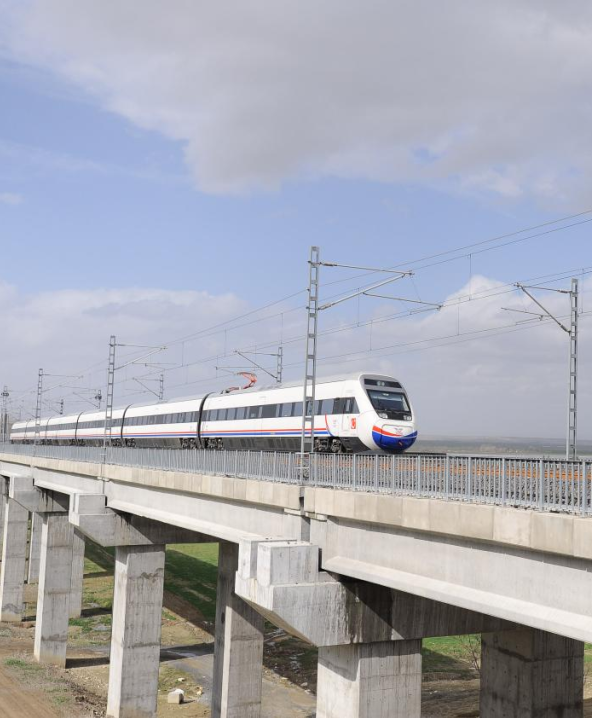
The An-Iran high-speed railway is the first electrified high-speed railway built by a Chinese company overseas
Since the signing of the MOU, the two sides have strengthened communication in various aspects, especially in policy communication. We have set up the China-Turkey Inter-governmental Cooperation Committee and the working group on the coordination of the Belt and Road and the Middle Corridor. At present, the two sides are preparing to hold a new session of the China-Turkey Joint Economic and Trade Commission to promote the establishment of trade facilitation working groups and investment facilitation working groups, so as to further strengthen policy communication in jointly building the Belt and Road between China and Turkey.
Ambassador Liu Shaobin: The two sides have achieved remarkable results in infrastructure connectivity. For example, the second phase of the Ankara-Istanbul high-speed railway project undertaken by a Chinese company is the first electrified high-speed railway built by a Chinese company overseas. It has greatly reduced the travel time between the two places and facilitated the transportation of passengers and goods between the two places, which has been highly recognized by the Turkish government and people. Another example is the regular operation of the China-Europe train Chang 'an from Xi 'an to Istanbul, with more than 100 trains running by the end of last year, facilitating the rapid flow of goods between the two countries. The China-Turkey cooperation Kumport terminal in Istanbul made its first flight on the new China-Turkey-Russia route in May this year, with an estimated annual capacity of 150,000 to 200,000 TEUs, opening a new channel for regional connectivity.
Ambassador Liu Shaobin: In terms of unimpeded trade, two-way trade has been hitting new highs, bucking the trend of growth during the pandemic. At present, the two sides are also actively discussing how to further optimize and adjust the trade structure, including China's active measures to increase imports from the mainland. As we all know, high-quality Turkish agricultural products such as cherries, pistachios and dairy products are very popular among Chinese consumers. We hope that more high-quality Turkish products will be brought to Chinese households. Turkmenistan has participated in the China International Import Expo for five consecutive years. The sixth CIIE will be held offline in November this year. It is believed that Turkish exhibitors will achieve more fruitful results and seek and expand more cooperation opportunities.
In terms of financing, China and Turkey signed a bilateral currency swap agreement, and the Industrial and Commercial Bank of China (Turkey) assisted the People's Bank of China and the Central Bank of Turkey to complete the settlement of about 150 million yuan of funds under the China-Turkey currency swap agreement. As a founding member of the Asian Infrastructure Investment Bank, Turkey has borrowed nearly 3.4 billion US dollars and 400 million euros from the bank for 18 projects, providing a strong impetus for Turkey's infrastructure development.
In people-to-people exchanges, China and Turkey signed an agreement to set up cultural centers in each other's country. Now the Turkish Cultural Center in China has started operation, and the Chinese cultural center in Turkey is also under preparation. China and Turkey have jointly opened four Confucius Institutes, sent teachers to Turkey to teach, and provided a large number of scholarships to study in China. The Happy Chinese New Year, the International Chinese Language Day and the "Chinese Bridge" Chinese Language Competition for College Students held in Turkey every year have built a bridge to deepen the friendship between our two peoples.Editor/Ma Xue
Comment
 Praise
Praise
 Collect
Collect
 Comment
Comment
 Search
Search


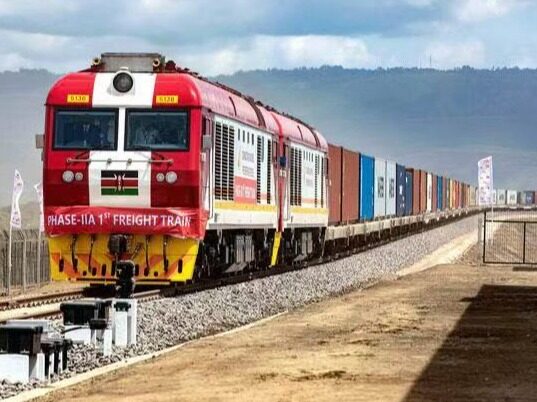
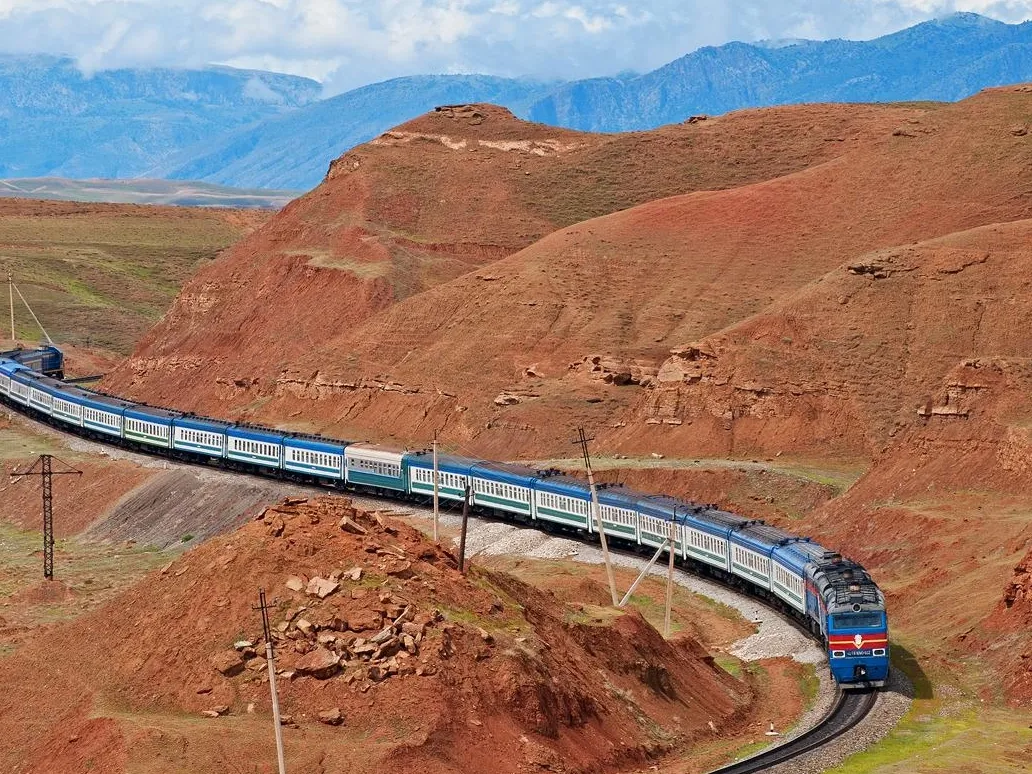

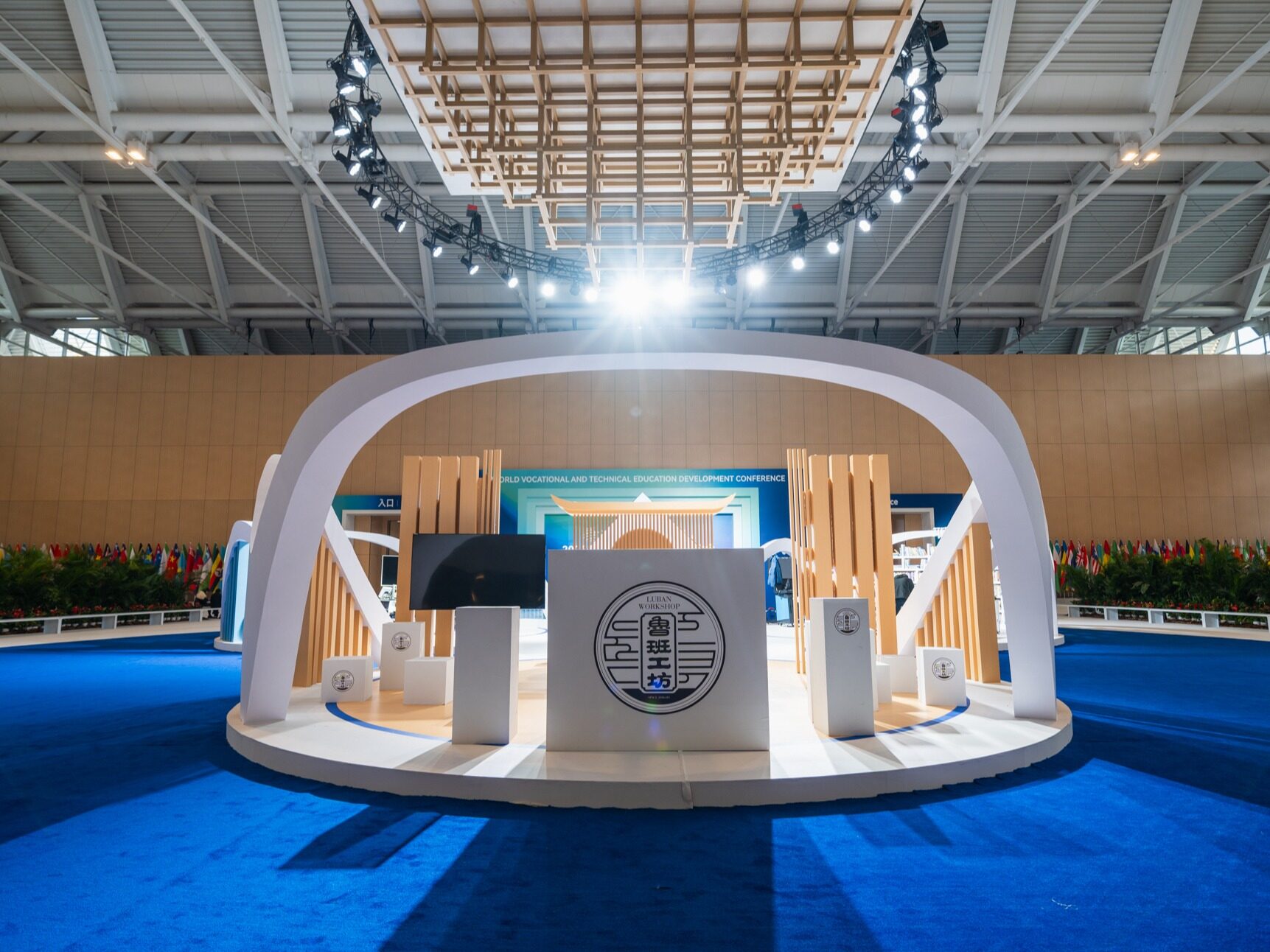
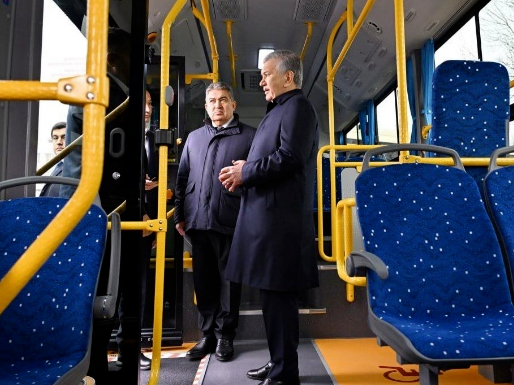







Write something~